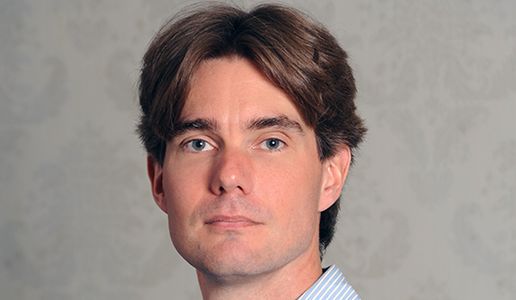Selin Reflects on the OEWG’s New Science-Policy Panel
In a new article for ScienceDirect, Prof. Henrik Selin of Pardee School comments on the Open-Ended Working Group’s (OEWG) efforts to set up a new science-policy panel aimed to combat chemical and waste pollution. Selin and his colleagues identify and critique core assumptions stemming from OEWG’s negotiations that could obstruct the panel’s progress while making salient recommendations to improve its efficacy.
According to Selin and his colleagues, using the blueprints of existing UNEP bodies to outline the new panel might limit its potential. They emphasize that each environmental quandary has its own special attributes that need to be acknowledged and embraced. To remedy this, the authors have offered a list of constructive guidelines to the OEWG in designing a productive committee for chemical and waste management.

While it’s presumed the new panel will automatically influence policymaking, a review by Selin and his peers suggest otherwise. The fragmented global chemical and waste regulations, their underlying knowledge bases, and a lack of overarching waste treaties make it difficult to drive uniform policy momentum. To achieve policy relevance, Selin and his colleagues propose looping in international organizations such as Food and Agriculture Organization (FAO) and Stockholm Convention to co-sponsor reports and common methodologies. Additionally, to expand the scope and impact of the panel, the OEWG should cultivate strong relations with prominent international bodies like the UN Environment Assembly, Global Framework on Chemicals, and World Health Organization (WHO).
Lastly, the authors comment that treating the industry like just another stakeholder will do more harm than good. It’s crucial to intentionally regulate the industry actors’ involvement to sustain the new panel’s scientific authority and political endorsement. To maintain the best interests of this science-policy committee, authors suggest the OEWG should encourage the industry to play a supportive role in horizon scanning initiatives and in enhancing the panel’s adaptability amid ongoing chemical innovations and emergence of new wastes.
To read the full analysis on the OEWG’s new panel, click here.
Henrik Selin is a Professor of International Relations at the Frederick S. Pardee School of Global Studies. He is a prolific author and researcher with an extensive body of work focused on environmental politics and policy. Prof. Selin is currently the editor for the journal Global Environmental Politics. To learn more about his achievements in academia, visit his faculty profile